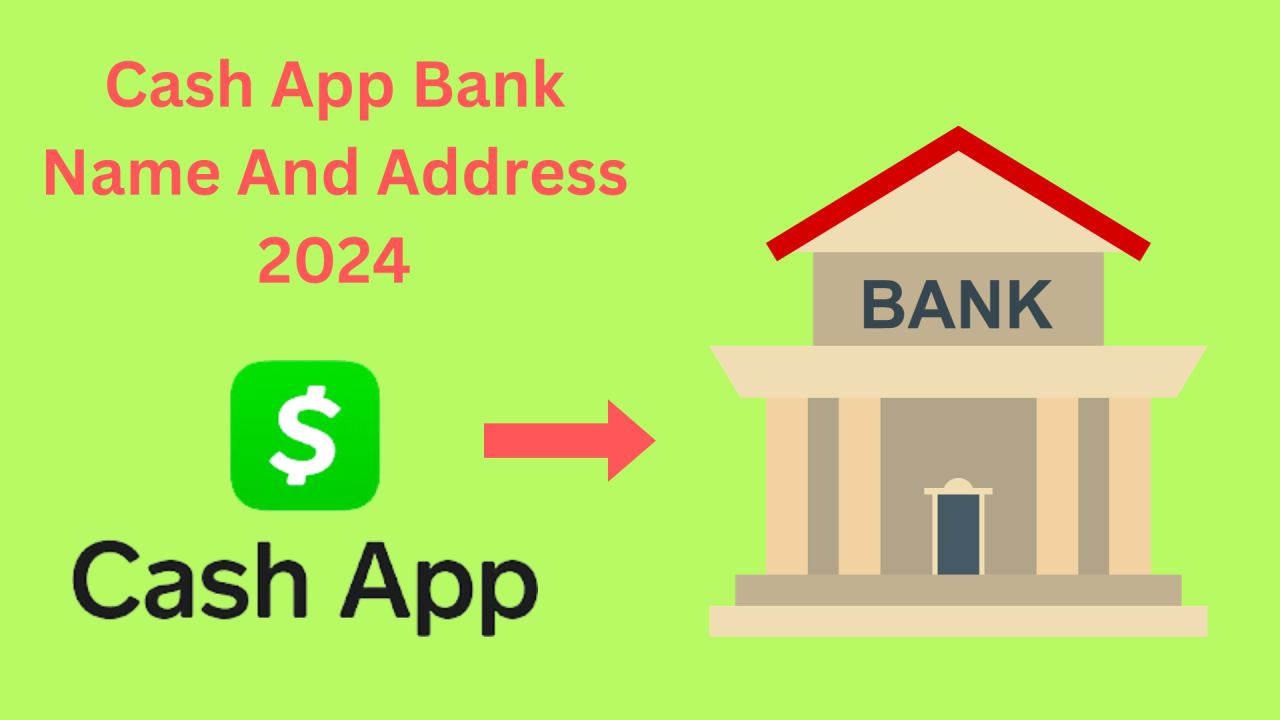In the rapidly evolving landscape of financial technology, mobile payment applications have become an integral part of our daily lives. Cash App, developed by Square Inc., has emerged as a frontrunner in the peer-to-peer payment industry, offering users a seamless and convenient way to send and receive money. While many users are familiar with Cash App’s primary function as a payment platform, there is a lesser-known aspect that has piqued the interest of users and financial enthusiasts alike – Cash App’s association with Sutton Bank.
Sutton Bank: The Unseen Partner
Cash App, despite its popularity, doesn’t operate as a traditional bank. Instead, it relies on partnerships with traditional banks to facilitate certain financial services. Sutton Bank, a community bank based in Attica, Ohio, has become a key player in the Cash App ecosystem. The partnership between Cash App and Sutton Bank allows users to enjoy various banking features within the app, transforming it into a more versatile financial tool.
The Relationship Dynamics:
The collaboration between Cash App and Sutton Bank is not a conventional banking relationship. Cash App users can access features like direct deposit, enabling them to receive their paychecks or government benefits directly into their Cash App accounts. This functionality is made possible through Cash App’s partnership with Sutton Bank, which provides the necessary banking infrastructure.
Direct Deposit and Cash App:
Direct deposit is a significant feature for Cash App users, offering a more efficient and faster way to receive payments. By leveraging its partnership with Sutton Bank, Cash App assigns account and routing numbers to users, essentially creating a virtual bank account within the app. Users can then provide these details to their employers, government agencies, or other entities for direct deposit purposes.
The integration of direct deposit into Cash App has simplified financial transactions for millions of users. It eliminates the need for traditional bank accounts, making the platform particularly attractive to individuals who are unbanked or underbanked. This alignment with Sutton Bank allows Cash App to extend its financial services to a broader audience, fostering financial inclusion.
Sutton Bank’s Role in Card Issuance:
Cash App users are familiar with the Cash Card – a customizable debit card linked to their Cash App account. This card facilitates spending directly from the Cash App balance and offers additional perks like boosts and discounts. Sutton Bank plays a pivotal role in the issuance of these Cash Cards.
When a user orders a Cash Card, Sutton Bank is responsible for generating the physical card and managing the associated financial transactions. The partnership ensures that Cash App users can seamlessly use their Cash Cards at various merchants and ATMs, bridging the gap between digital and physical transactions.
Cash App Investing and Sutton Bank:
In addition to peer-to-peer payments and direct deposit, Cash App has expanded its suite of services to include Cash App Investing. This feature enables users to invest in stocks and exchange-traded funds (ETFs) directly from their Cash App accounts. Sutton Bank’s involvement in this aspect of Cash App lies in the custodianship of users’ investments.
When users buy stocks or ETFs through Cash App, Sutton Bank acts as the custodian, holding the securities on behalf of the users. This arrangement ensures that users’ investments are secure and compliant with regulatory standards. While Cash App provides the user interface and experience for investing, Sutton Bank’s infrastructure underpins the safekeeping of financial assets.
Security and Regulation Compliance:
The partnership between Cash App and Sutton Bank is not only about enhancing user experience but also about ensuring security and compliance with financial regulations. Sutton Bank, as a regulated financial institution, brings a level of oversight and adherence to financial standards that is crucial in the fintech landscape.
Cash App users benefit from the security measures and regulatory compliance that Sutton Bank upholds. This includes safeguarding user funds, implementing anti-fraud measures, and adhering to Know Your Customer (KYC) and Anti-Money Laundering (AML) regulations. The collaborative efforts of Cash App and Sutton Bank create a financial ecosystem that prioritizes user protection and regulatory compliance.
Challenges and Controversies:
While the partnership with Sutton Bank has allowed Cash App to offer a range of financial services, it has not been without its challenges and controversies. Some users have raised concerns about account freezes, transaction issues, and difficulties in resolving certain disputes. In these instances, the complexity of the partnership structure, involving both Cash App and Sutton Bank, can contribute to delays and complications in issue resolution.
It’s essential for users to be aware of the intricacies of the partnership and understand the roles of both Cash App and Sutton Bank in their financial transactions. Additionally, ongoing improvements in customer support and communication are crucial for addressing user concerns and maintaining trust in the Cash App ecosystem.
Conclusion:
Cash App’s collaboration with Sutton Bank has transformed the platform from a simple peer-to-peer payment app to a multifaceted financial tool. The partnership enables users to access direct deposit, invest in stocks, and utilize a physical debit card, all within the Cash App ecosystem. Sutton Bank’s role in providing the necessary banking infrastructure ensures the smooth functioning of these features while upholding security and regulatory compliance.
As the financial technology landscape continues to evolve, partnerships between fintech companies and traditional banks will likely play a significant role in shaping the future of financial services. Cash App’s relationship with Sutton Bank exemplifies how such collaborations can expand access to financial tools, drive innovation, and contribute to the ongoing evolution of digital finance.
